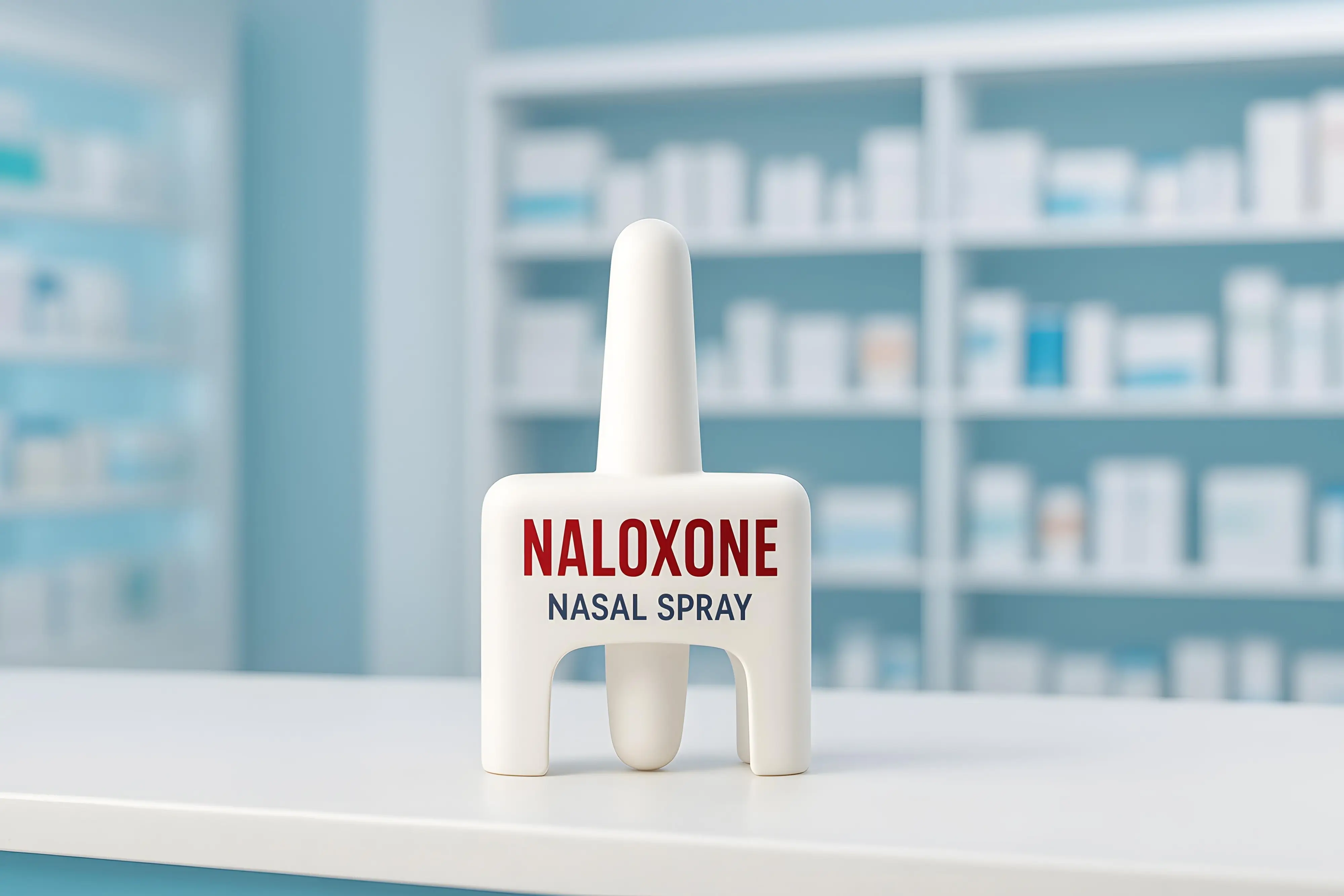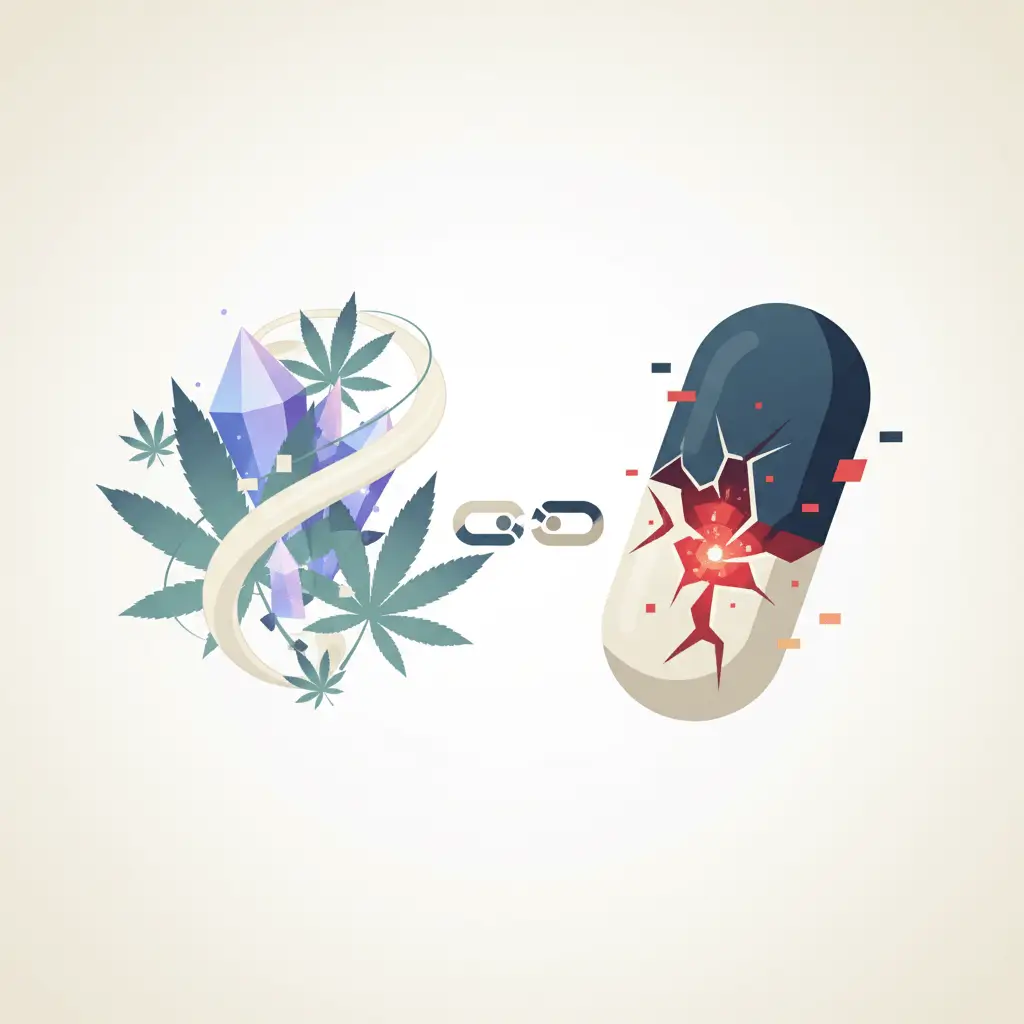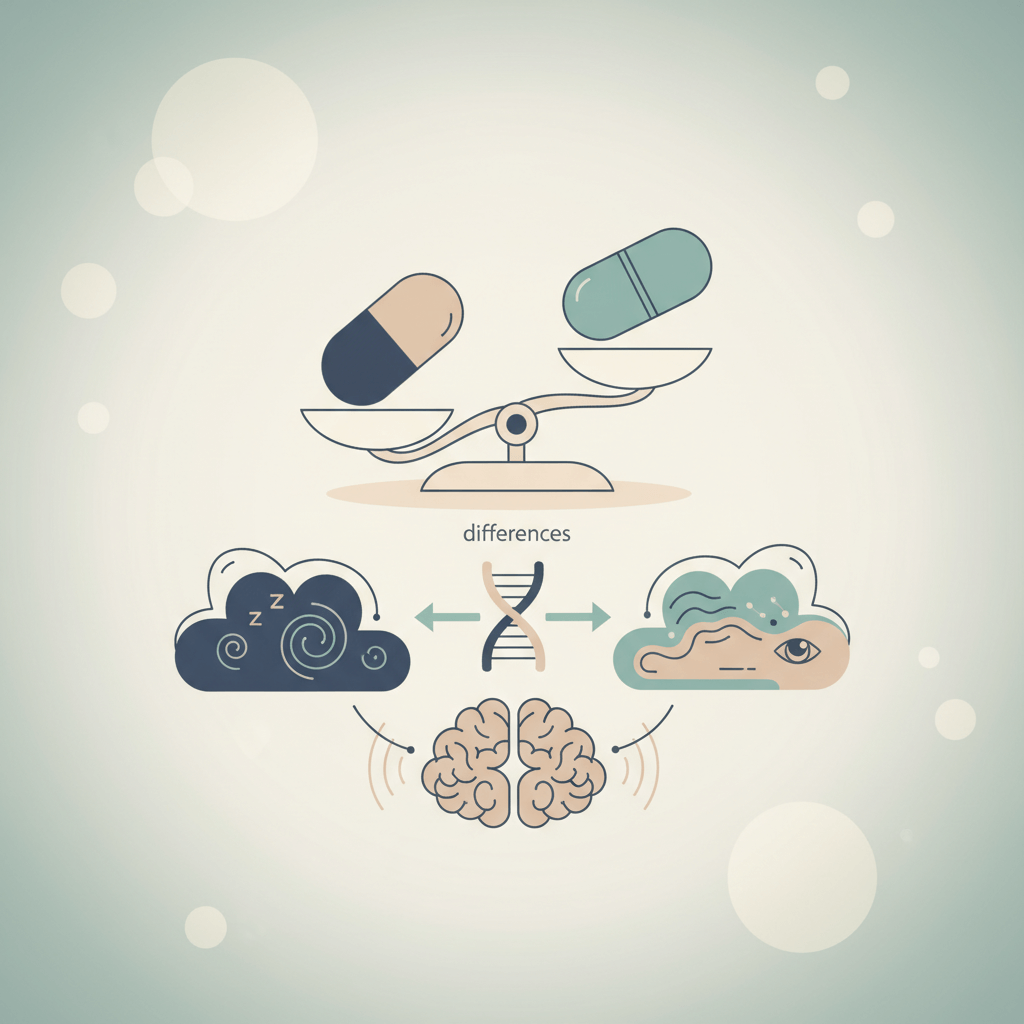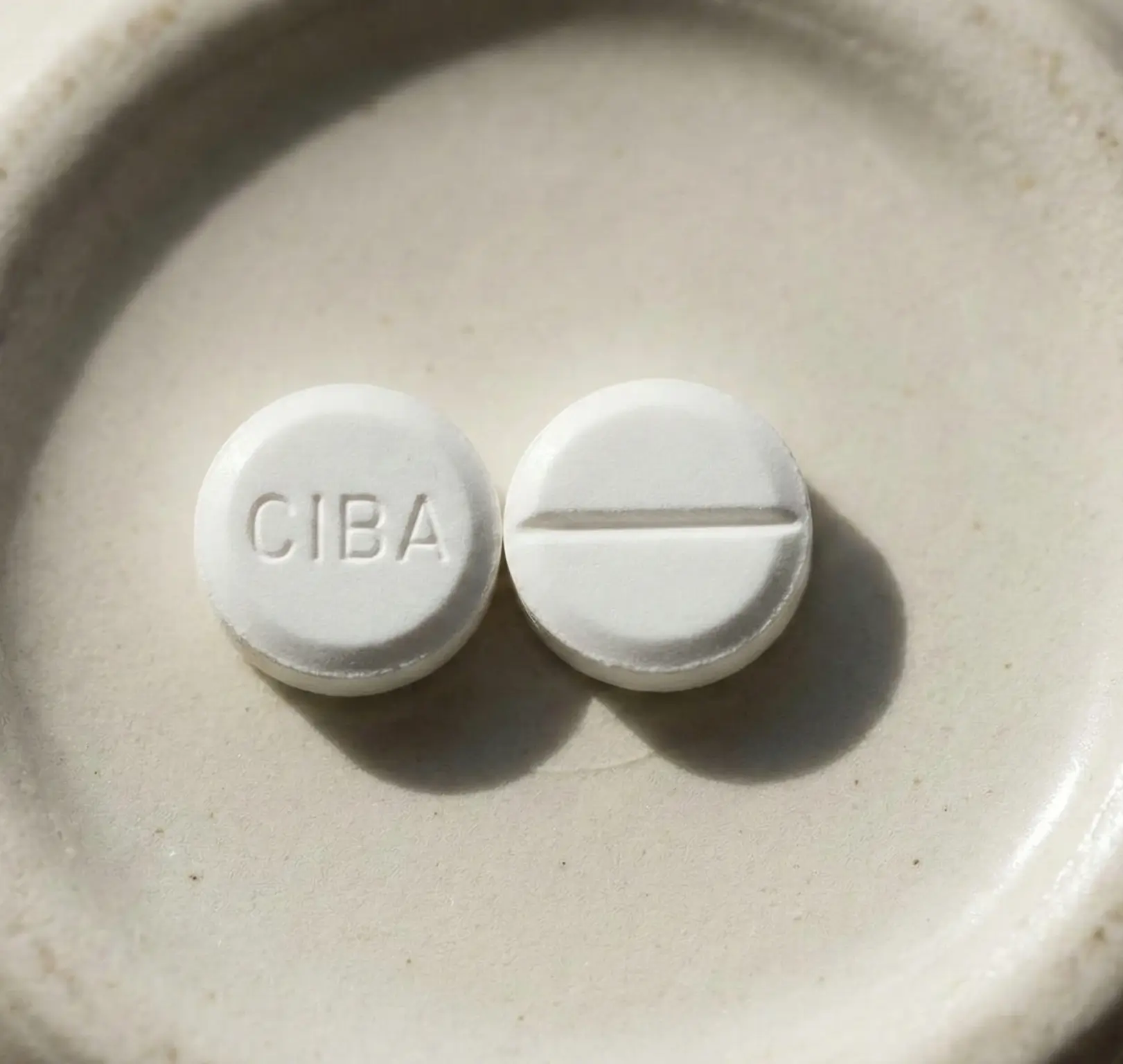Understanding Gambling and the Brain
To comprehend the effects of gambling on the brain, it is essential to first understand the relationship between gambling and the brain's response to pleasure and rewards.

Introduction to Gambling
Gambling refers to the act of wagering money or something of value on an uncertain outcome, with the hope of winning additional money or rewards. It encompasses various activities such as casino games, sports betting, lottery, and online gambling. For some individuals, gambling is a form of entertainment and recreation, while for others, it can become a problematic behavior leading to addiction.
Brain's Response to Pleasure and Rewards
The brain has a complex reward system that releases neurotransmitters, particularly dopamine, in response to pleasurable experiences and rewards. Dopamine is a neurotransmitter that plays a crucial role in motivation, pleasure, and reinforcement of certain behaviors. When an individual engages in pleasurable activities like eating delicious food or experiencing a win during gambling, dopamine is released in the brain, creating a sense of pleasure and reinforcing the behavior.
How Gambling Affects the Brain
Gambling has a direct impact on the brain's reward system, leading to the release of dopamine. The anticipation of potential rewards during gambling activates the brain's reward circuitry, triggering a surge of dopamine. This surge produces a pleasurable sensation, which can reinforce the behavior and make the individual more likely to continue gambling.
Studies have shown that individuals with gambling disorders have differences in their brain activity and dopamine release compared to those without gambling problems. These findings suggest that some individuals may be more susceptible to the addictive nature of gambling due to the way their brains respond to rewards.
Understanding the connection between gambling and the brain's reward system is crucial in comprehending the allure and potential risks associated with gambling. By exploring the impact of dopamine and other neurotransmitters on the brain during gambling, we can gain valuable insights into the neuroscience of gambling.
In the subsequent sections, we will delve deeper into the role of neurotransmitters like serotonin and norepinephrine in gambling, as well as the structural and functional changes that occur in the brain due to gambling.
The Dopamine Connection
Dopamine, a neurotransmitter in the brain, plays a crucial role in the reward system and has a significant connection to gambling. Understanding the relationship between dopamine and gambling provides insight into why gambling can be so captivating and potentially addictive.
Dopamine and Reward System
The brain's reward system is responsible for experiencing pleasure and reinforcing behaviors that are perceived as rewarding. This system involves the release of dopamine, a chemical messenger that helps transmit signals between nerve cells.
When a person engages in activities that are pleasurable or rewarding, such as eating delicious food or receiving compliments, dopamine is released in the brain. This release of dopamine creates a positive reinforcement loop, making those activities more appealing and encouraging repetition.
Dopamine Release During Gambling
Gambling activates the brain's reward system and triggers the release of dopamine. The anticipation of winning and the potential for a reward stimulates the brain's dopamine pathways. Even before the outcome is known, the mere possibility of winning can generate a surge of dopamine, leading to feelings of excitement and pleasure.
Research has shown that the release of dopamine during gambling is similar to that of substance use, reinforcing the behavior and potentially leading to repetitive engagement. This dopamine-driven reward system can contribute to the allure of gambling and the desire to continue despite potential negative consequences.
Understanding the connection between dopamine and gambling is essential in comprehending the mechanisms behind the development of gambling addiction. The repeated release of dopamine during gambling can lead to changes in the brain's reward system, making it more vulnerable to addiction.
By unraveling the role of dopamine in the brain's reward system and its association with gambling, we gain valuable insights into the captivating nature of gambling and its potential impact on the brain.
The Role of Neurotransmitters
Within the complex interplay of brain chemicals, neurotransmitters play a crucial role in the effects of gambling on the brain. Two key neurotransmitters that are involved in the gambling experience are serotonin and norepinephrine.
Serotonin and Gambling
Serotonin is a neurotransmitter that regulates mood, emotions, and impulse control. It plays a significant role in the brain's reward system, which is closely linked to gambling behavior. Studies have shown that individuals with lower levels of serotonin may be more prone to impulsive and risky behaviors, including gambling.
When gambling, the excitement and anticipation of potential rewards can lead to a release of serotonin in the brain. This surge in serotonin contributes to the pleasurable sensations and feelings of satisfaction that gamblers may experience during the activity. However, prolonged and excessive gambling can disrupt serotonin levels, leading to imbalances that may contribute to the development of gambling addiction.
Norepinephrine and Gambling
Norepinephrine, also known as noradrenaline, is another neurotransmitter that plays a role in the brain's response to gambling. It is involved in regulating arousal, attention, and focus. When individuals engage in gambling, the thrill and excitement activate the release of norepinephrine in the brain, heightening alertness and enhancing focus on the gambling experience.
The increased levels of norepinephrine during gambling can lead to heightened motivation, risk-taking, and a sense of urgency. However, in individuals vulnerable to gambling addiction, these elevated levels of norepinephrine can contribute to a cycle of continued gambling behavior, seeking the thrill and excitement that comes with it.
Understanding the role of serotonin and norepinephrine in gambling helps shed light on the brain mechanisms involved in the addictive nature of gambling. By further exploring the structural and functional changes in the brain associated with gambling, as well as the impact of gambling on mental health, we can gain a deeper understanding of the complexities of gambling addiction.
Brain Changes Associated with Gambling
Gambling has a profound impact on the brain, leading to various structural and functional changes. These changes contribute to the addictive nature of gambling and the challenges individuals face when trying to overcome it. In this section, we will explore the structural changes and functional changes that occur in the brain as a result of gambling.
Structural Changes in the Brain
Studies have shown that chronic gambling can lead to structural changes in certain areas of the brain. One area that is particularly affected is the prefrontal cortex, which plays a crucial role in decision-making, impulse control, and judgment. Long-term gambling can result in a reduction in the grey matter volume of the prefrontal cortex, potentially impacting an individual's ability to make rational decisions and control impulsive behavior.
Another area of the brain that undergoes structural changes due to gambling is the striatum, a region involved in reward processing. The striatum, specifically the nucleus accumbens, is responsible for the release of dopamine during pleasurable experiences. Over time, excessive gambling can lead to alterations in the size and connectivity of the striatum, affecting the reward system and the brain's response to pleasurable stimuli.
Functional Changes in the Brain
In addition to structural changes, gambling also influences the functional activity of various brain regions. One of the key players in this process is dopamine, a neurotransmitter associated with pleasure and reward. Gambling triggers a surge of dopamine release in the brain, creating a pleasurable sensation. This dopamine release reinforces the behavior, making it more likely for individuals to continue gambling.
Furthermore, chronic gambling can disrupt the balance of other neurotransmitters in the brain, such as serotonin and norepinephrine. Serotonin is involved in mood regulation, and its dysregulation can contribute to the development of addictive behaviors. Norepinephrine, on the other hand, plays a role in arousal and attention. Imbalances in these neurotransmitters can contribute to the compulsive and impulsive behaviors often observed in individuals with gambling addiction.
Understanding the structural and functional changes that occur in the brain as a result of gambling is crucial in comprehending the complexity of gambling addiction. These changes help shed light on why some individuals develop an addiction to gambling and why it can be challenging to break free from its grip.
In the next section, we will explore how the pleasurable experience of gambling can escalate into addiction and the impact it can have on mental health.
From Pleasure to Addiction
As gambling progresses from a pleasurable activity to a potentially addictive behavior, it can have profound effects on both the brain and mental health of individuals. Understanding the development of gambling addiction and its impact on mental well-being is crucial in addressing this issue.
The Development of Gambling Addiction
Gambling addiction, also known as pathological gambling or gambling disorder, is characterized by an inability to control gambling behavior despite negative consequences. It is a complex condition that arises from a combination of genetic, environmental, and psychological factors.
For some individuals, the thrill and excitement of gambling can quickly escalate into an addictive behavior. The brain's reward system, which is responsible for experiencing pleasure and reinforcing behaviors, plays a significant role in the development of gambling addiction. Gambling activates the release of dopamine, a neurotransmitter associated with pleasure and reward, in the brain. This surge of dopamine contributes to the pleasurable feelings experienced during gambling and reinforces the behavior.
Over time, repeated exposure to gambling and the associated dopamine release can lead to changes in the brain's reward system. Tolerance may develop, requiring individuals to engage in more gambling to achieve the same level of pleasure. This can pave the way for the transition from casual gambling to a full-blown addiction.
The Impact of Gambling on Mental Health
Gambling addiction not only affects an individual's behavior but also has a significant impact on mental health. Psychological distress, such as stress, anxiety, and depression, is commonly observed among individuals with gambling problems. The financial consequences of gambling can lead to financial stress, which further exacerbates mental health issues.
Moreover, the cycle of gambling addiction can disrupt various aspects of an individual's life, including relationships, work or school performance, and overall well-being. The constant preoccupation with gambling, the need to chase losses, and the disregard for the negative consequences can lead to feelings of guilt, shame, and isolation.
Recognizing the signs of gambling addiction and seeking help is essential in mitigating the impact on mental health. Support groups, counseling, and therapy can provide individuals with the tools and strategies to overcome gambling addiction and manage associated mental health challenges. If you suspect that you or someone you know may be struggling with gambling addiction, it's important to reach out for assistance.
Understanding the journey from pleasure to addiction in gambling is crucial in addressing the issue at its core. By recognizing the signs of gambling addiction and seeking appropriate help and support, individuals can regain control over their lives and work towards recovery. Remember, there is always hope and assistance available for those affected by gambling addiction.

Seeking Help and Support
For individuals struggling with gambling addiction, seeking help and support is a crucial step towards recovery. Recognizing the signs of gambling addiction and understanding the available treatment options can make a significant difference in breaking the cycle.
Recognizing the Signs of Gambling Addiction
Identifying the signs of gambling addiction is essential to address the issue promptly. While the severity of symptoms may vary from person to person, common indicators of gambling addiction include:
- Preoccupation with gambling: Constantly thinking about gambling, planning the next gambling session, or reliving past gambling experiences.
- Loss of control: Inability to stop or reduce gambling, despite repeated attempts to do so.
- Increased financial strain: Experiencing financial difficulties due to excessive gambling and taking risks to recoup losses.
- Neglecting responsibilities: Failing to fulfill personal and professional obligations due to gambling-related activities.
- Withdrawal from relationships: Isolating oneself from friends and family, or experiencing strained relationships due to gambling.
- Mood swings: Feeling restless, irritable, or anxious when not gambling, and experiencing a temporary euphoria during gambling sessions.
- Chasing losses: Attempting to win back lost money by continuing to gamble, leading to a vicious cycle of increasing bets and losses.
If you or someone you know exhibits several of these signs, it may be indicative of a gambling addiction. Seeking professional help is crucial to address the underlying issues and break free from the destructive cycle of gambling.
Treatment Options for Gambling Addiction
Thankfully, there are various treatment options available for individuals struggling with gambling addiction. The most effective approach often involves a combination of therapies tailored to the individual's needs. Some common treatment options include:
- Cognitive-Behavioral Therapy (CBT): This therapy aims to identify and modify the unhealthy thoughts and behaviors associated with gambling addiction. CBT helps individuals develop coping strategies, manage triggers, and replace gambling-related thoughts with healthier alternatives.
- Support Groups: Joining support groups, such as Gamblers Anonymous, can provide a sense of community and understanding. These groups offer a safe space to share experiences, receive support, and learn from others who have overcome similar challenges.
- Family Therapy: Involving family members in the treatment process can help repair relationships and provide a supportive environment for recovery.
- Medication: In some cases, medication may be prescribed to address underlying mental health conditions that contribute to gambling addiction, such as depression or anxiety.
It's important to remember that recovery from gambling addiction is a journey, and relapses may occur. However, with the right support system and a commitment to change, it is possible to regain control over one's life. If you suspect that you or someone you know may have a gambling addiction, reach out to a healthcare professional or a specialized addiction treatment center for guidance and support.
Sources
Mayo Clinic: Compulsive Gambling
Brain Facts: Motivation: Why You Do the Things You Do
American Psychological Association: How gambling affects the brain
Related Gambling Addiction Readings
- Gambling Addiction Recovery — A full look at Prescott House’s approach to recovering from gambling addiction. (Read more →)
- The Link Between Gambling Addiction and Mental Health — Explores how gambling problems interact with anxiety, depression, and emotional distress. (Read more →)
- FAQs about Gambling Addiction — Answers key questions around symptoms, treatment, and aftercare. (Read more →)
- Gambling Addiction Treatment at Prescott House — Overview of their program and services. (Read more →)













